Overview
SRM University conducts SRM Graduate Engineering Entrance Test also known as SRMGEET which is a University level entrance exam for candidates desirous to continue their study at SRM University. The entrance test is conducted in Online mode and offers admissions in the three out of six campuses of the university that are located inRamapuram, Kattankulathur, and NCR Campus Delhi.
Conducting Body: Being one of the top-ranking universities in India SRM Institute of Science and Technology also known as SRM University (a deemed University) offers a wide range of undergraduate, postgraduate and doctoral programs in Engineering, Management, Medicine, Health, etc. SRM Graduate Engineering Entrance Test is a university level entrance exam administered by SRM University for candidates wishing to Post Graduate in M.Tech course offered by University. The entrance test is conducted once a year.
Important Dates:
|
Events |
Dates |
Mode |
Link |
|
Registration Date |
Will be updated soon. |
Online |
|
|
Application Date |
Will be updated soon. |
||
|
Admit Card |
Will be updated soon. |
||
|
Exam Date |
Will be updated soon. |
||
|
Result Date |
Will be updated soon. |
Selection Procedure: There is only one stage in SRMGEET for candidates to qualify for admission:
-
Written Test
Exam Pattern: The examination is conducted in online mode and contains MCQ type questions. The time duration of the examination is 02 hours 30 minutes. The question paper is based on the English Language only. The total no. of questions are 100. The exam pattern in detail is as follows:
|
Serial No. |
Subjects |
No. of Questions |
Marks |
Maximum Marks |
|
1. |
Technical subject (relevant to the applied course) |
90 |
3 mark |
270 marks |
|
2. |
Mathematics (except for Bio-Technology and Food Processing programme) |
10 |
3 marks |
30 marks |
|
Total |
100 |
300 marks |
- Note:- There is no provision of Negative Marking.
Eligibility:-
- Age Limit:-
-
No Age limit.
- Educational Qualification:
-
Graduation from a recognized university in India with an aggregate of 60% marks.
-
GATE and TANCET qualifiers are also eligible for admission.
- Nationality:
-
Only Indian candidates are allowed to appear for this test.
Syllabus:
- Mathematics:
-
Numerical Methods
-
Probability
-
Statistics.
-
Vector Calculus
-
Matrices and Determinants
-
Analytical Function Theory
-
Differential Calculus
-
Multiple Integrals and ordinary Differential Equations
Civil Engineering:
-
Fluid Mechanics and Water Resources Engineering
-
Construction and Materials Management
-
Surveying
-
Transportation Engineering
-
Remote Sensing
-
Geographic Information Systems (GIS)
-
Mechanics of Solids and Structural Analysis
-
Environmental Engineering
-
Concrete and Steel Structure
-
Soil Mechanics and Geotechnical Engineering
- Mechanical Engineering:
-
Casting
-
Engineering Materials
-
Processing of Plastics and Computer-aided Manufacturing
-
Product Design
-
Process Planning
-
Cost Estimate
-
Design of Jigs and Fixtures and Press Tools
-
Operations Research
-
Operations Management
-
Quality Control Reliability and Maintenance.
-
Mechanics and Machine Design
-
Metal Forming and Metal Joining Processes
-
Tool Engineering
-
Machine Tool Operation
-
Metrology and Inspection
-
Material Science and Metallurgy
-
Thermodynamics
-
Refrigeration and Air Conditioning
-
Production Technology
-
Automotive Engines
-
Automotive Transmission
-
Strength of Materials
- Electrical Engineering:
-
Networks
-
Devices
-
Electronic Circuits
-
Number System
-
Microprocessor
-
Control System
-
Electromagnetics
-
Electrical Machines
-
Power Electronics
-
Solid-state drives and Control
-
Power Systems.
- Electronics Engineering:
-
Networks
-
Energy Devices
-
Electronic Circuits
-
Number Systems
-
Microprocessor
-
Control System
-
Signals and Systems
-
Communications (Analog)
-
Communications (Digitals)
-
Electromagnetics.
- Instrumentation Engineering:
-
Circuit Network
-
Energy Devices
-
Electronic Circuits
-
Number Systems
-
Microprocessor
-
Control System
-
Transducers and Industrial Instrumentation
-
Biomedical Instrumentation
-
Process Control.
- Computer science Engineering:
-
Discrete Mathematical Structures
-
Microprocessor and Hardware Systems
-
Computer Organization and Architecture
-
System Programming
-
Operating Systems
-
Programming Methodology
-
Data Structure
-
Algorithms.
- Chemical Engineering:
-
Chemical Process Calculations
-
Chemical Process Industries
-
Mechanical Operations
-
Fluid Mechanics
-
Heat Transfer
-
Mass Transfer
-
Thermodynamics
-
Chemical Reaction Engineering
-
Instrumentation & Control
-
Process Engineering Economics.
- Material science Engineering:
-
Quantum Mechanics
-
Solid-state Physics
-
Lasers
-
Electricity and Magnetism
-
Thermodynamics
-
Material Chemistry
-
Biology and Health Science
-
Electronics
-
MEMS/NEMS.
- Food Processing Engineering:
-
Bioprocess Engineering
-
Food Engineering
-
Biochemistry and Nutrition
-
Microbiology.
- Environmental Engineering:
-
Environmental Pollution
-
Ecology
-
Sustainable Development
-
Remote Sensing
-
Energy and Environmental
-
Environmental Impact Assessment
-
Environmental Biotechnology
-
Thermodynamics
-
Environmental Conservation
-
Water Resources
-
Current topics in Environmental Sciences
-
Soil Pollution and Solid Waste Management
-
Natural Hazards
-
Environmental and Occupational Health.
- GIS Engineering:
-
Remote sensing
-
Photogrammetry
-
Surveying: Surveying Techniques
-
Electronic Surveying
-
GIS: Terminology
-
Geology: Geological Remote Sensing
-
Agriculture and Forestry
-
Environment and Disaster Studies: EIA
-
Urban and Regional Planning: Urban Planning.
- Biotechnology Engineering:
-
Cell Structure & Function
-
Metabolism and Bioenergetic
-
Gene Regulation
-
Enzyme Kinetics
-
Fermentation Process
-
Production of commercially important Enzymes
-
Properties of Nucleic Acids
-
Protein Synthesis
-
Bioreactors
-
Genomics and Proteomics
-
Computer applications in Biotechnology
-
Gene Manipulation
-
Transgenic Microbes
-
Plants and Animals
-
Recombinant Proteins
-
Microbial Growth Kinetics
-
Biosafety, Bioethics and Intellectual Property Rights
-
Bioconversion
-
Fermentation Kinetics
-
Nanobiotechnology
-
Application of Biotechnology.
FAQs:
Ques 1. From where can a candidate get the information regarding the SRMGEET exam?
Ans. Candidates can get the information from the official website of SRM University.
Ques 2. How can a candidate apply for the SRMGEET exam?
Ans. Candidates can apply in Online mode only for the entrance test after completing the registration process.
Ques 3. Does a candidate have to mail the application form?
Ans. No, there is no such provision. Candidate must take a print out of the filled application form for future reference.
Ques 4. What other documents are required to filling the application form?
Ans. Following are the documents:
-
Photograph - Should be less than 200 kb.
-
Signature - Should be less than 200 kb.
Ques 5. Mention the modes of fee payment?
Ans. Application payment can be made in offline mode through Demand Draft and in Online mode through Net Banking, Debit Card, Credit Card.
Ques 6. Is there a provision of fee exemption?
Ans. No. There is no such provision.
Ques 7. What is the selection procedure for the SRMGEET exam?
Ans. For the entrance test, the selection is done through the Written Test.
Ques 8. Is there any Interview?
Ans. No, there is no Interview for SRMGEET.
Ques 9. Is the exam conducted online or offline?
Ans. The exam is conducted Online.
Ques 10. Is there any sectional timing in the exam?
Ans. No there is no such provision.
Ques 11. Is there any Negative Marking in the exam?
Ans. No, there is no such provision.
Ques 12. On what basis the merit list is prepared?
Ans. The merit list is prepared on the basis of Written/Objective marks.
Ques 13. Is there any change that can be made once the form is submitted?
Ans. No changes can be made once the form is submitted.
Ques 14. What are the precautions to be taken by a candidate while filling up the Application Form?
Ans. Before filling up the Application Form please read the instructions carefully.
Ques 15. How long are SRMGEET marks valid?
Ans. The marks are valid for 1 year from the exam date.
Related Exam
For Timely Preparation With Updated Information
eStudentTimes
Our aim is to bridge knowledge and education through the latest news, innovation in education, updates, and notifications around the globe guiding the students towards erudition in their field of interest.

EShort
GATE 2024: Response sheet out
The answer sheets of individual candidates who participated in the GATE exam can be used to calculat...

EShort
BSSTET 2023: Admit card released
Candidates who appeared for the BSSTET exam held this year 2023 can download the admit card by visit...

EShort
NID DAT 2024: Prelims result released
Candidates who took the entrance test can check and download the NID DAT MDes prelims result 2024 by...

EShort
IIT JAM 2024: Response sheet released
Candidates can access the IIT JAM response sheet by visiting the official website- joaps.iitm.ac.in....
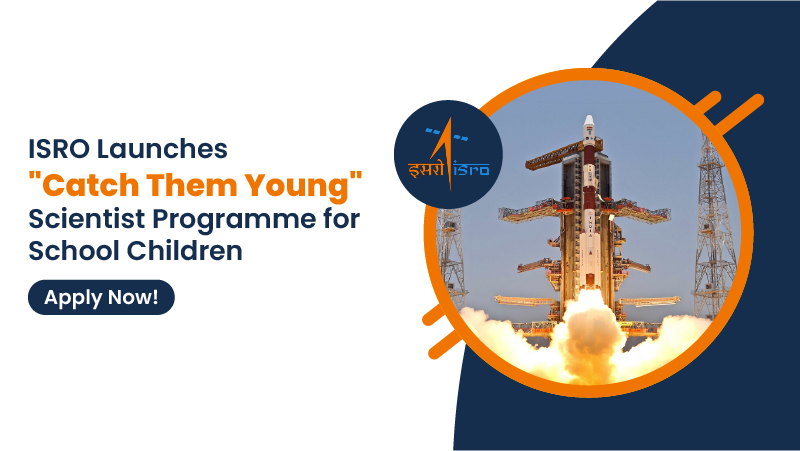
Education Column
ISRO Launches "Catch Them Young" Scientist Programme for School Children; apply now
The Indian Space Research Organisation (ISRO) has introduced an exciting opportunity for school chil...
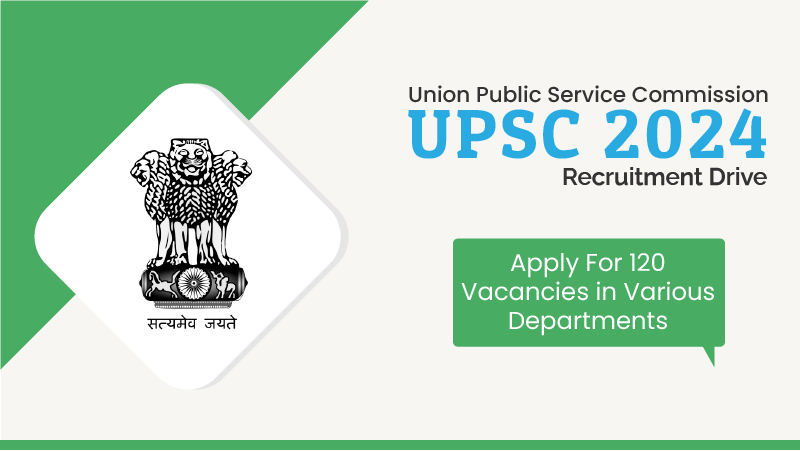
Jobs
UPSC Recruitment Drive 2024: Apply for 120 vacancies in various departments
Interested and eligible candidates can register for the vacancies by visiting the official website-...
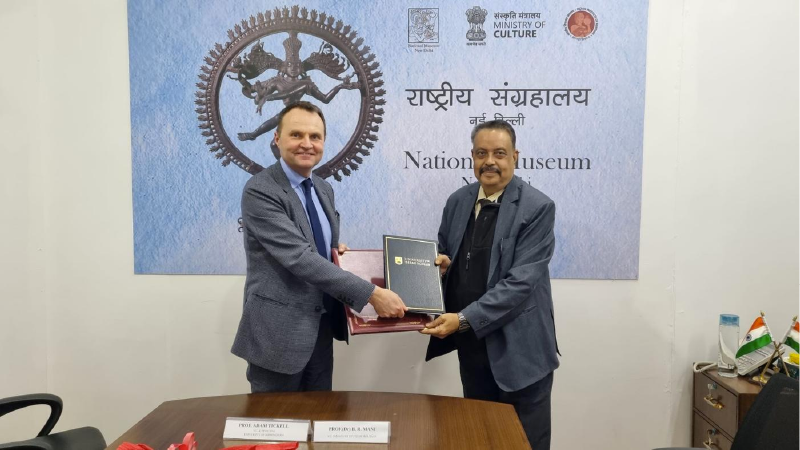
Study Abroad
University of Birmingham and Indian Institute of Heritage Forge Partnership in Heritage Studies
Through this partnership, students and experts from both the University of Birmingham and the Indian...
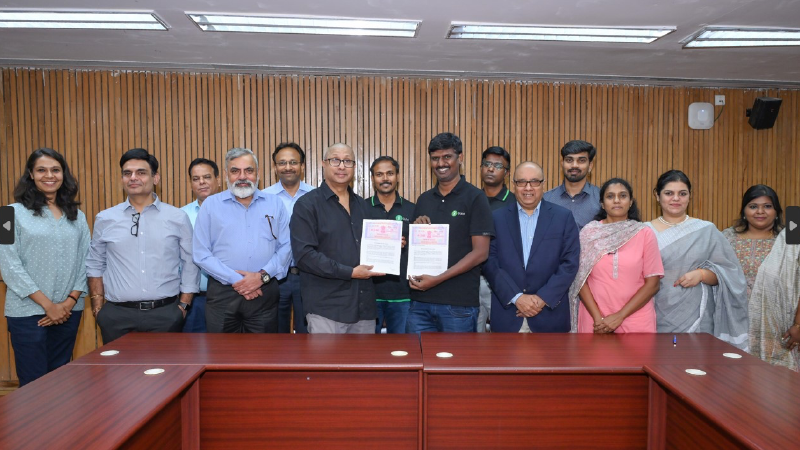

EShort
UPSC CSE 2024: Official Notification issued; application process begins
Interested and eligible candidates can check the notification and register by visiting the official ...

EShort
IIM Indore IPMAT 2024: Application process begins
Interested and eligible candidates can submit their IPMAT 2024 registration form by visiting the of...

EShort
UPSC IFS 2024: Registration process begins; apply now
Interested and eligible candidates can register for the UPSC IFS exam by visiting the official websi...

EShort
Odisha SSC CHSL 2023: Result declared
Interested and eligible candidates can download results by visiting the official website- ossc.gov.i...

EShort
AEEE 2024: Result out for phase 1
Candidates who took the examination can check their results by visiting the official website- amrita...
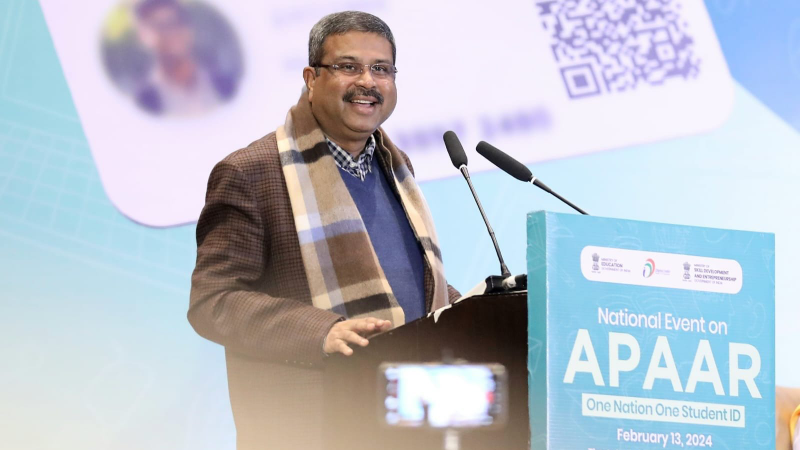
Events & Seminars
National Conference: Union Education Minister Highlights APAAR ID Initiative for Streamlined Student Records
The Automated Permanent Academic Account Registry (APAAR) initiative, aligned with the National Educ...
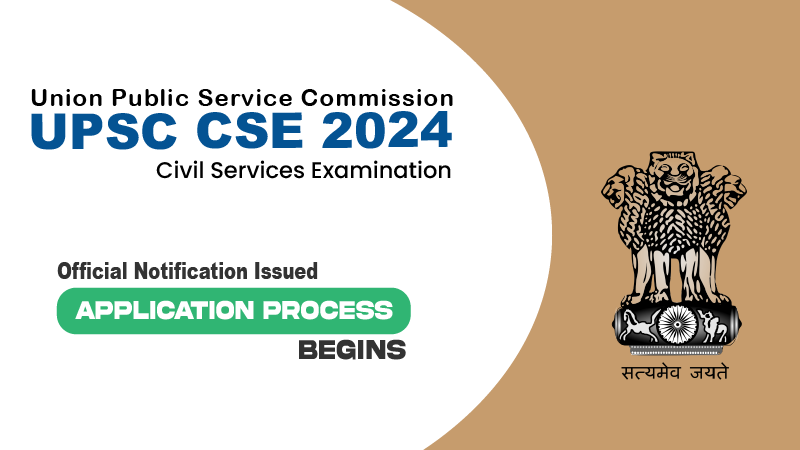
Current Affairs
UPSC CSE 2024: Official Notification issued; application process begins
Interested and eligible candidates can check the notification and register by visiting the official ...
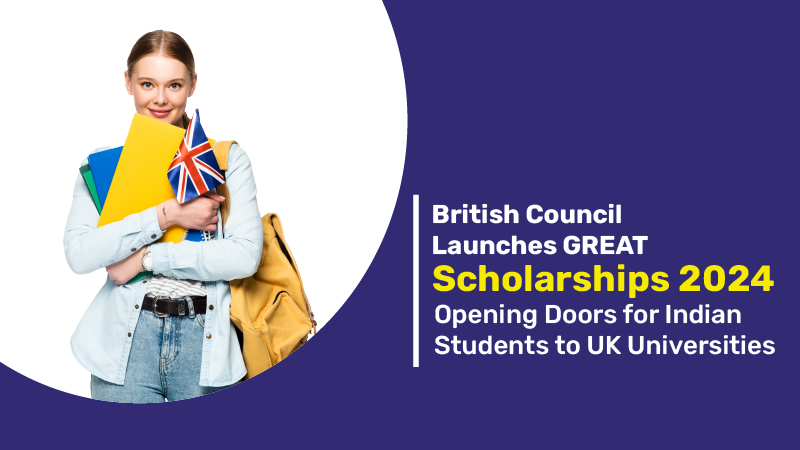
Editor's Desk
British Council Launches GREAT Scholarships 2024: Opening Doors for Indian Students to UK Universities
This initiative opens avenues for Indian students to pursue postgraduate studies in various fields ...

EShort
JEE Main 2024: Result Declared for Session 1 exam
Candidates who appeared for the JEE Main exam can check and download the JEE Main 2024 results by vi...

EShort
Tamil Nadu TRB Recruitment Drive 2024: Register for 1768 Secondary Grade Teacher vacancies
Interested and eligible candidates can submit their applications by visiting the official website- ...

EShort
TANCET 2024 registration deadline extended again; apply by February 15
Candidates can now fill out the application form for the TANCET 2024 exam by February 15 through the...

.jpg)
 Main Exam Date
Main Exam Date  Notification(s)
Notification(s) 
 Overview
Overview Eligbility
Eligbility Selection Procedure
Selection Procedure Application
Application Syllabus
Syllabus Pattern
Pattern Admit Card
Admit Card Sample Paper
Sample Paper More
More Cut offs and Result
Cut offs and Result Fee
Fee Faq
Faq Blog
Blog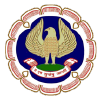
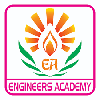


Post Comments